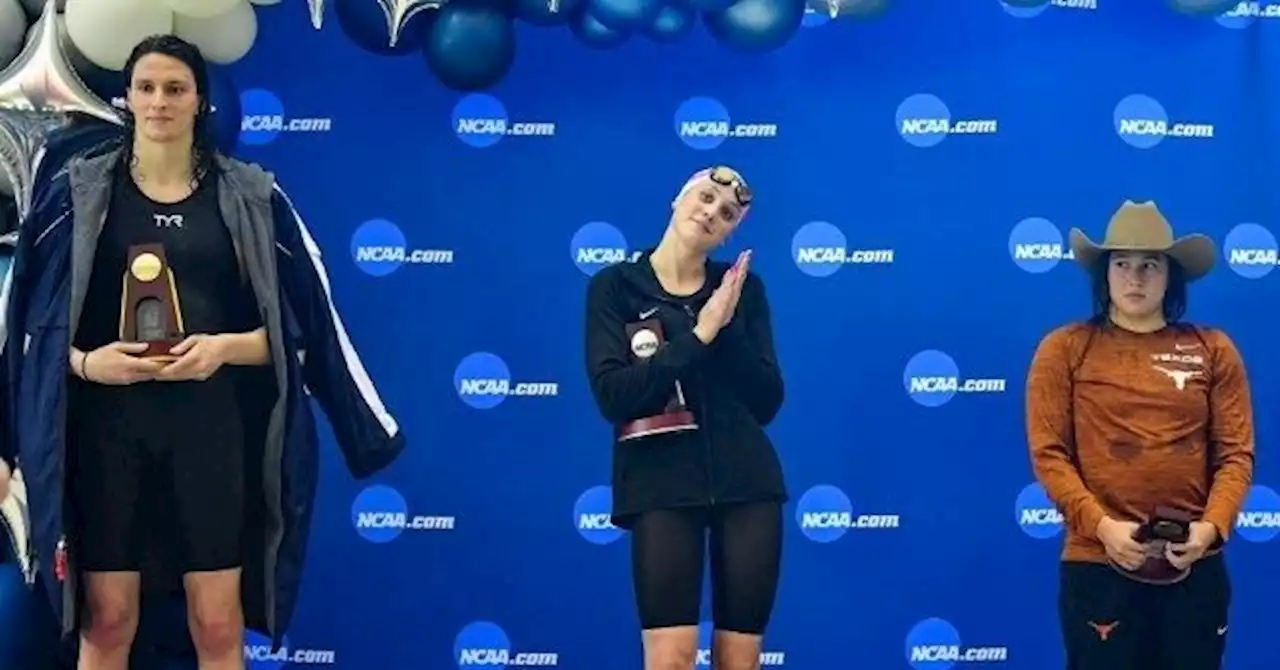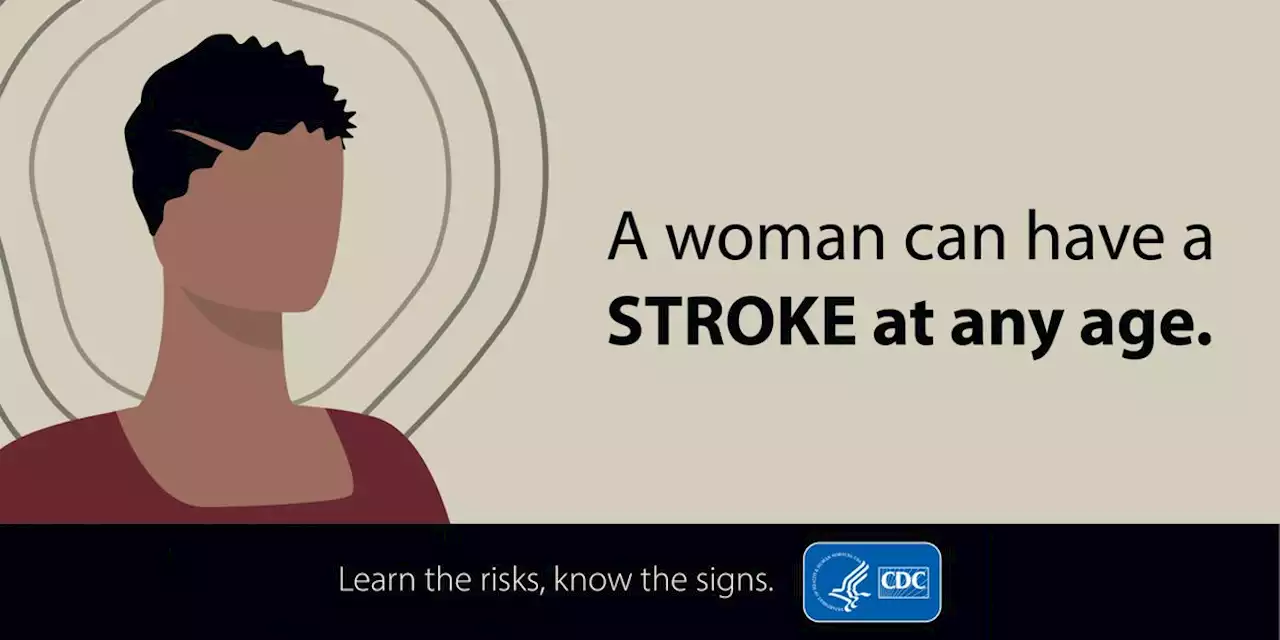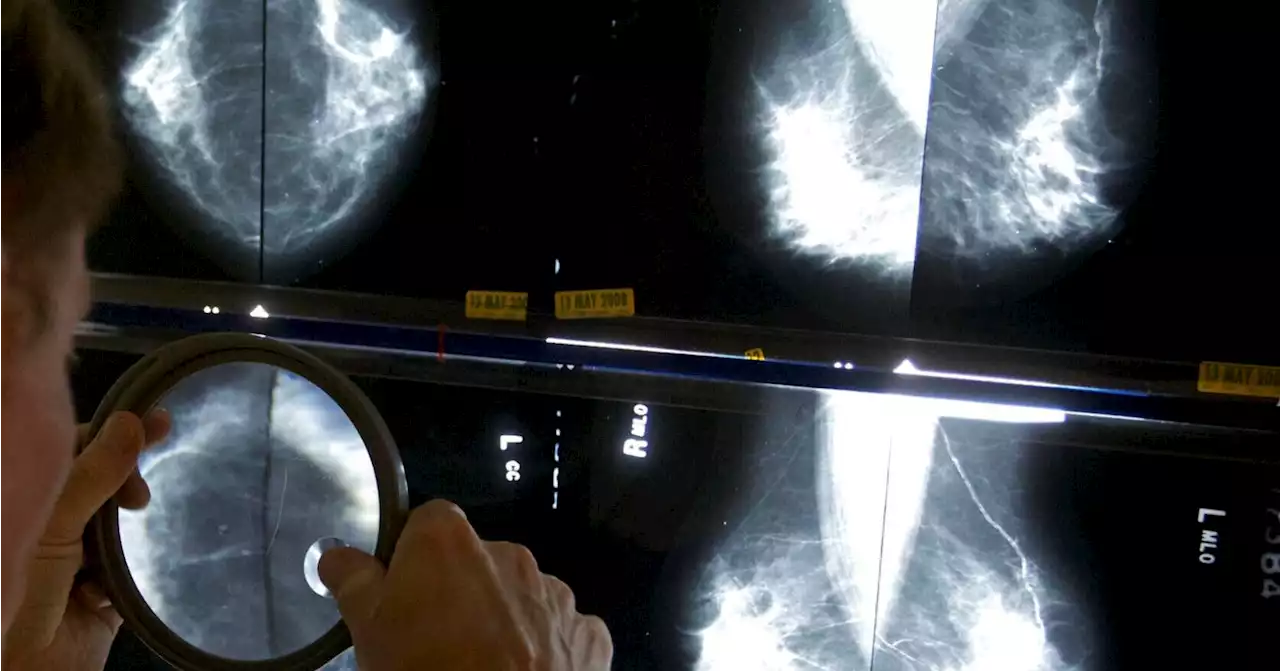Here's what to know from the new draft recommendation statement.
The US Preventive Services Task Force is proposing that all women at average risk of breast cancer start screening at age 40 to reduce their risk of dying from the disease, according to a new draft recommendation statement.
People are also reading… The USPSTF, a group of independent medical experts whose recommendations help guide doctors' decisions and influence insurance plans, released the proposed update to its breast cancer screening guidance Tuesday. The updates would not apply to those at an increased risk of breast cancer, who may already have been encouraged to screen at 40 or earlier. They should continue to follow the screening practices that their doctors have recommended.
The USPSTF members are calling for more research into these racial inequities in breast cancer, Nicholson said, and for all women who get abnormal mammogram results to receive equitable follow-up evaluations, additional testing, biopsies and treatment when needed. Listen now and subscribe: Apple Podcasts | Google Podcasts | Spotify | RSS Feed | Omny Studio | All Of Our Podcasts They found that screening with mammograms every other year provided a moderate benefit to women ages 40 to 74, as the benefits, such as detecting cancer early, outweigh potential harms, such as the risk of a false positive that could lead to unnecessary tests and emotional stress.
An estimated 12.9% of women born in the United States today will develop breast cancer at some time during their lives, according to the National Cancer Institute. "However, increasing incidence of early-onset cancers in several organs, such as colorectal and pancreatic cancers, which might not be fully explained by screening is also apparent," the researchers wrote."This trend could reflect increased risk factor exposures in early life and/or young adulthood."
"But the big thing is, I think, a lot of women were being screened probably starting in their 40s, and so this is consistent, I think, with how most women and practitioners have been looking at screening," he said.
United States Latest News, United States Headlines
Similar News:You can also read news stories similar to this one that we have collected from other news sources.
 Around the Oval: Ohio State's Tennis Teams Advance to NCAA Super Regionals and Buckeye Golf Teams Head to NCAA RegionalsOhio State men's and women's tennis advance to NCAA Super Regionals, men's and women's golf are headed to NCAA Regionals and softball wraps up its regular season.
Around the Oval: Ohio State's Tennis Teams Advance to NCAA Super Regionals and Buckeye Golf Teams Head to NCAA RegionalsOhio State men's and women's tennis advance to NCAA Super Regionals, men's and women's golf are headed to NCAA Regionals and softball wraps up its regular season.
Read more »
 In coastal Bangladesh, climate change devastates women’s reproductive health“This salt water has destroyed my childhood, school, and life.” Thousands of Bangladeshi women face reproductive health issues caused by the increasing salt content in the waters in which they live and work.
In coastal Bangladesh, climate change devastates women’s reproductive health“This salt water has destroyed my childhood, school, and life.” Thousands of Bangladeshi women face reproductive health issues caused by the increasing salt content in the waters in which they live and work.
Read more »
 Billboard’s Latin Women In Music 2023 Share Who Inspires ThemWatch red carpet interviews with haashoficial, GOYOCQT and more at BBMujeresLatinas.
Billboard’s Latin Women In Music 2023 Share Who Inspires ThemWatch red carpet interviews with haashoficial, GOYOCQT and more at BBMujeresLatinas.
Read more »
 Poll: Vast Majorities Oppose Trans Athletes Competing in Women's SportsA Washington Post-KFF poll found that the vast majority of Americans oppose the idea of allowing males to compete in women's sports.
Poll: Vast Majorities Oppose Trans Athletes Competing in Women's SportsA Washington Post-KFF poll found that the vast majority of Americans oppose the idea of allowing males to compete in women's sports.
Read more »
 Women and Stroke | cdc.govNot all women are equally affected by stroke; Black women are more likely to have a stroke than any other racial or ethnic group of women in the U.S. Try these lifestyle changes to lower your risk.
Women and Stroke | cdc.govNot all women are equally affected by stroke; Black women are more likely to have a stroke than any other racial or ethnic group of women in the U.S. Try these lifestyle changes to lower your risk.
Read more »
